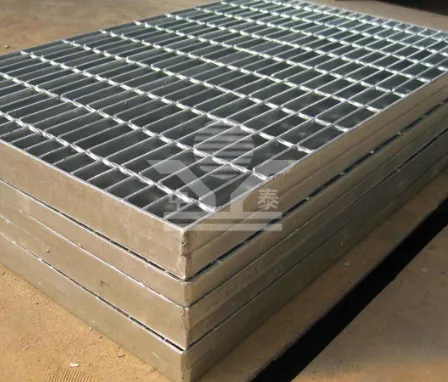The Importance of Garden Noise Barriers Creating Peaceful Outdoor Spaces
In today’s fast-paced world, where urbanization has overtaken natural tranquility, the need for serene outdoor spaces has become increasingly crucial. One effective solution to combat noise pollution, particularly in residential areas, is the installation of garden noise barriers. These structures are designed to absorb, deflect, or reflect sound, allowing for a more peaceful garden environment. This article explores the importance of garden noise barriers, their various types, materials, and benefits, ultimately emphasizing their role in enhancing the quality of life in our outdoor spaces.
Understanding Garden Noise Barriers
Garden noise barriers are essentially partitions that block sound waves, minimizing auditory distractions from nearby roads, construction sites, or bustling neighborhoods. They can be constructed using various materials such as wood, concrete, or vegetation. The choice of material often depends on the desired aesthetic, budget, and specific noise reduction needs.
Types of Garden Noise Barriers
1. Natural Barriers These are created using dense planting, trees, and shrubs that naturally absorb sound. Evergreen trees are particularly effective as they provide year-round coverage. A mixed border of plants not only serves as a noise barrier but also enhances biodiversity in the garden.
2. Structural Barriers These are man-made installations, including wooden fences, stone walls, or specially designed acoustic panels. The height and density of these barriers are crucial, as taller and thicker barriers generally provide better sound suppression.
3. Combination Barriers By integrating both natural and structural elements, homeowners can create aesthetically pleasing and highly effective noise barriers. For instance, a wooden fence can be combined with climbing plants to create a lush, textured acoustic wall.
Materials for Garden Noise Barriers
When selecting materials for noise barriers, several factors must be considered.
- Wood Often used for its natural beauty, wood can provide a warm aesthetic. However, it may not be as efficient in sound absorption compared to other materials unless reinforced or used in thicker formats.
garden noise barrier

- Concrete A highly effective material for noise reduction, concrete barriers are durable and can withstand weather conditions. While they may lack aesthetic appeal, they can be covered with plants or painted to blend with the garden's design.
- Acoustic Panels Specialized sound-absorbing panels can be installed to enhance noise reduction capabilities. These panels often come in various designs and colors, making them suitable for modern gardens.
- Vegetation Incorporating plants not only aids in noise reduction but also contributes to environmental sustainability. Plants can improve air quality, provide habitats for wildlife, and add beauty to the landscape.
Benefits of Garden Noise Barriers
1. Enhanced Privacy Noise barriers not only mitigate sound but also create a sense of seclusion. This encourages relaxation and enjoyment in one's garden, making it an oasis from the outside world.
2. Improved Aesthetics Well-designed barriers can serve as an attractive element in garden design. Whether using natural or structural materials, they can enhance the visual appeal of outdoor spaces.
3. Increased Property Value An aesthetically pleasing and tranquil garden can increase the marketability of a property. Prospective buyers often value outdoor spaces that provide solace from urban noise.
4. Health Benefits Prolonged exposure to noise pollution can lead to stress and health-related issues. By creating a quiet refuge, garden noise barriers can contribute to mental well-being and improved quality of life.
5. Environmental Impact Using plant-based barriers supports local flora and fauna, encouraging biodiversity in urban settings. Additionally, plants can help in carbon absorption, further benefiting the environment.
Conclusion
As cities expand and noise pollution becomes more prevalent, garden noise barriers offer a practical solution for creating peaceful, enjoyable outdoor spaces. By understanding the types, materials, and benefits of these barriers, homeowners can make informed decisions that enhance their gardens' serenity and aesthetic appeal. Ultimately, investing in garden noise barriers is not just about reducing sound but also about fostering a deeper connection with nature and improving overall well-being in our increasingly noisy world.
-
The Best Metal Mesh Solutions: Expanded Aluminum Metal vs. Expanded Stainless Steel Metal
NewsSep.10,2024
-
Round Perforated Sheets vs. Hexagonal Perforated Sheets vs. Embossed Perforated Sheet Metal
NewsSep.10,2024
-
Perforated Metal Sheets
NewsSep.10,2024
-
Experience The Excellence Of Stainless Steel Grating
NewsSep.10,2024
-
Discover the Versatility Of Metal Mesh Expanded Forming Machines
NewsSep.10,2024
-
Discover The Advantages Of Steel Grating For Sale
NewsSep.10,2024
Subscribe now!
Stay up to date with the latest on Fry Steeland industry news.

